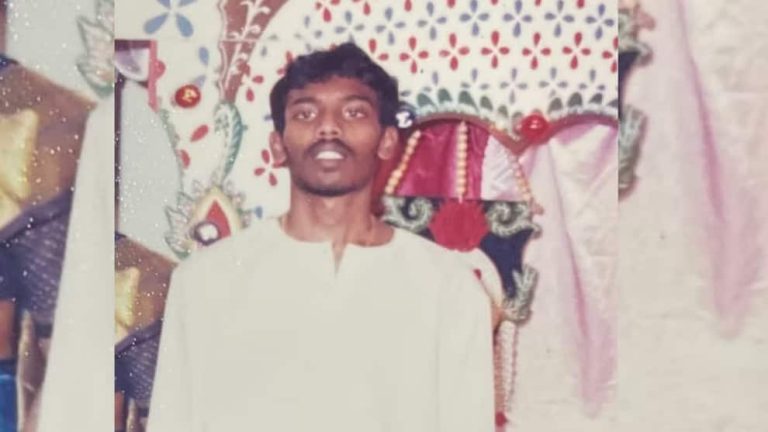Singapore officials executed a man today—by hanging—who was found guilty of drug trafficking a kilogram of cannabis into the country.
NDTV in India reports that Tangaraju Suppiah, 46, was executed at dawn on Wednesday, rejecting a growing chorus of anti-death penalty campaigners to end the country’s cruel use of capital punishment.
British billionaire Sir Richard Branson, a long opponent of the death penalty, and a group of world leaders called for action for what they describe as a disturbing case of what may be an innocent man.
Branson wrote a detailed blog post pleading for mercy, while The European Union (EU) and Australian MP Graham Perrett issued statements in defense of the man. The EU statement, jointly issued on April 24 with the diplomatic missions of EU member states Norway and Switzerland, called on authorities to halt Tangaraju’s execution and commute his sentence to a non-capital sentence.
Parrett was noticeably disgusted by the choice of punishment.
“Imagine being hanged by the neck until you are dead because of a bit of dope,” Parrett tweeted in a series of posts. “This is the fate that awaits Tangaraju Suppiah of Singapore. Yesterday Tangaraju’s family were delivered his execution notice that announced he would be hanged the day after ANZAC Day.” (Anzac Day is Australia’s Memorial Day.)
Tangaraju was sentenced to death on October 9, 2018, for attempting to traffic more than 1 kilogram of cannabis to Singapore. He was originally detained in 2014 for drug consumption and failure to report for a drug test.
Tangaraju was held at Singapore’s Changi Prison Complex in the eastern part of the city.
Branson argued that “the system is broken beyond repair.” He contends that in the U.S. alone, nearly 190 people have been exonerated and freed from death row since 1976. Branson also tried to free “drug trafficker” Nagaenthran Dharmalingam, who was executed by hanging in 2022. Branson was invited to take part in a live televised debate with the city state’s home affairs minister K. Shanmugam, but declined to do so.
In 1994, an American 19-year-old was caned in Singapore for graffiti, left in a bloody mess. Drug laws are similar. “Drug traffickers are less likely to traffic drugs and reduce the amount of drugs trafficked if they are aware of the penalties involved,” the Singapore MHA claims, referring to its use of capital punishment by hanging.
Branson wrote a blog post entitled “Why Tangaraju Suppiah doesn’t deserve to die,” and posted it on his website, a powerful plea supported by photos of the man with his family. “Singapore may be about to kill an innocent man,” he pleads.
“Tangaraju’s case is shocking on multiple levels,” Branson wrote. “Singapore has a long and troubled history of executing drug offenders, following mandatory sentencing laws that proscribe the death penalty for certain threshold amounts of drugs.”
He continued, “The country’s government has repeatedly claimed that its draconian laws serve as an effective deterrent of drug-related crime. However, Singaporean authorities have repeatedly failed to provide any tangible evidence for that assertion. Killing those at the lowest rungs of the illicit drug supply chain, often minorities living in poverty, is hardly effective in curbing an international trade worth hundreds of billions every year.”
Branson claims that Tangaraju was nowhere near the pot at the time, and several more details about his arrest are sketchy, to say the least.
Singapore’s Ministry of Home Affairs (MHA) on April 25 fired back and said that Branson’s remarks are “disrespectful.”
